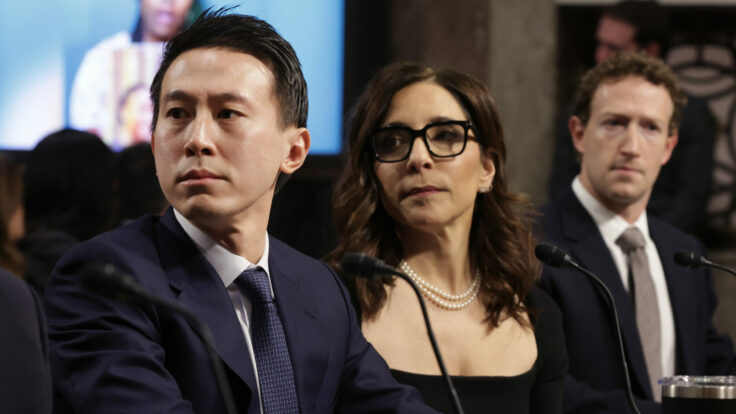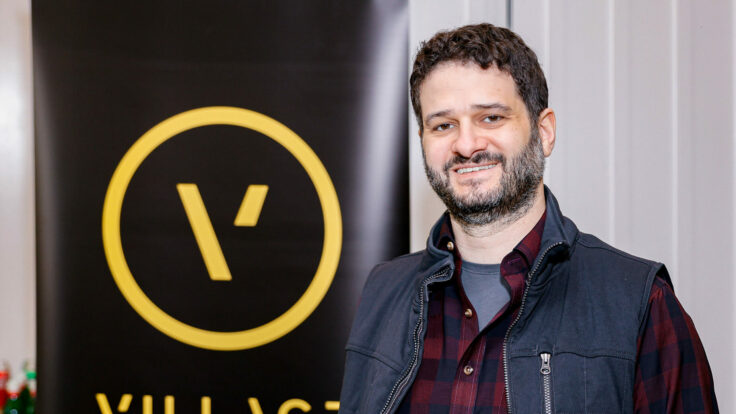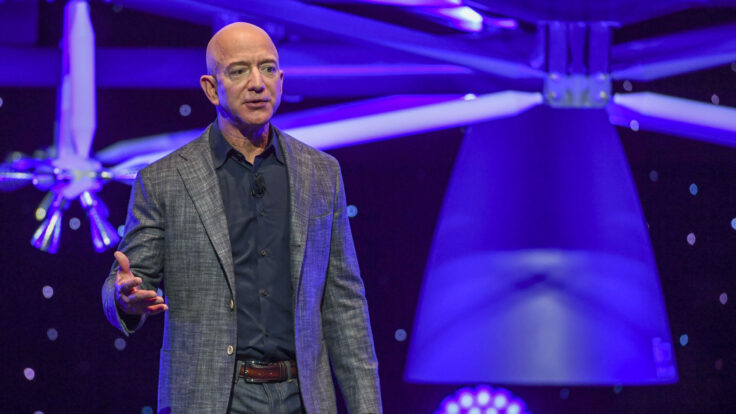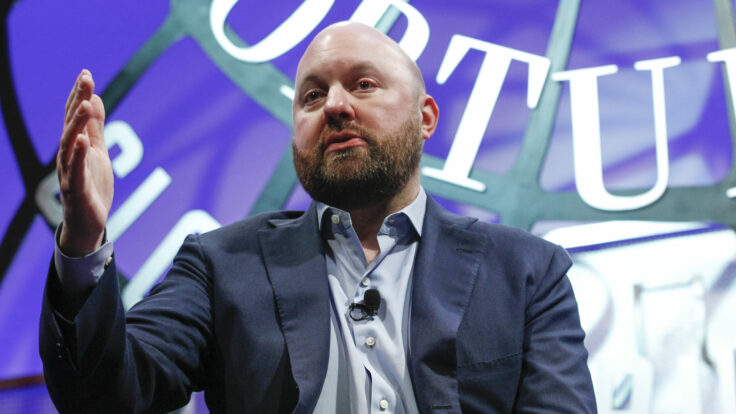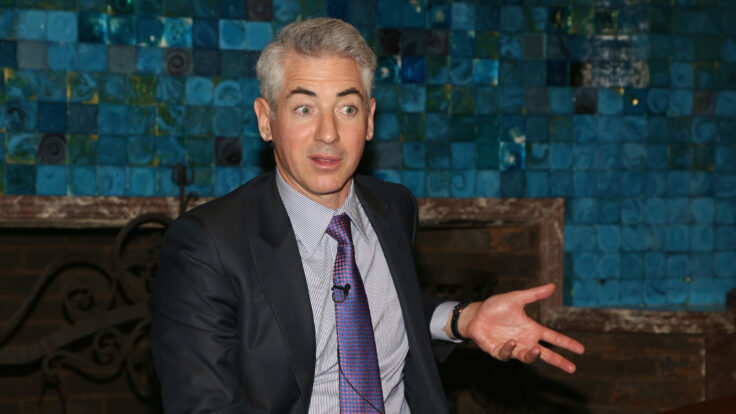Earlier this year, amid the explosion of excitement surrounding ChatGPT, an intriguing A.I. startup called DoNotPay caught my eye. Founder Joshua Browder announced that he had created “the world’s first robot lawyer,” which would soon debut in court, whispering instructions through Bluetooth-connected AirPods to help users beat parking tickets. Then, suddenly, the experiment was canceled. Blaming “threats from State Bar prosecutors,” Browder pivoted to building a web plugin to help file complaints over everything from robocalls to unauthorized data collection.
DoNotPay has since been hit with lawsuits that accuse Browder of being an A.I.-hyping Elizabeth Holmes whose technology is as phony as Theranos. While one New York judge refused to order Browder to immediately hand over his code to investigators, a federal case is now pending in San Francisco that claims DoNotPay is deceptively holding itself out as a licensed attorney. This putative consumer class action is led by top plaintiffs lawyer Jay Edelson. “DoNotPay denies the false allegations,” said a spokesperson for Browder, who has hired the prestigious tech firm Wilson Sonsini. “It is unsurprising that a lawyer who has made hundreds of millions is suing an A.I. service that costs $18 for ‘unauthorized practice of law.’”










